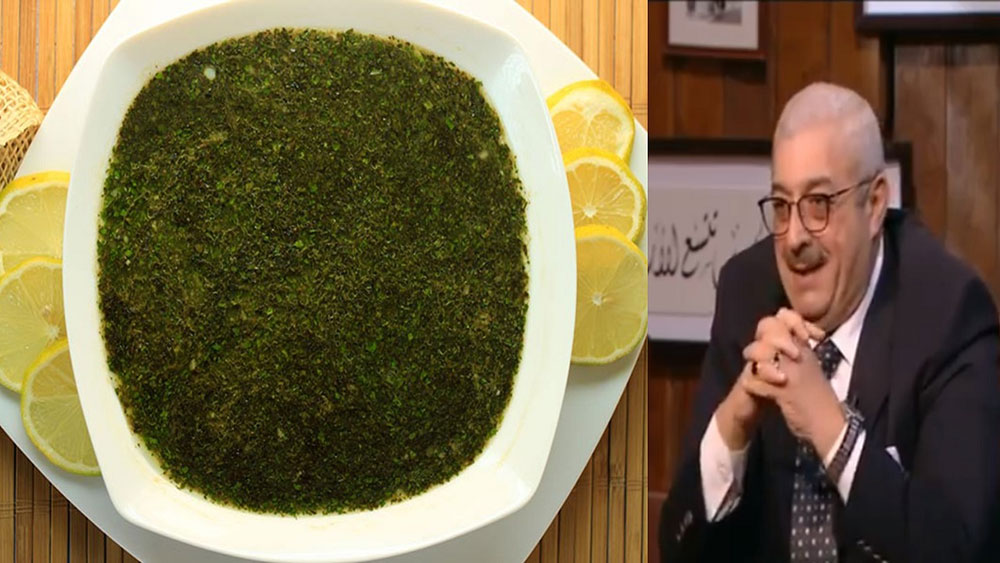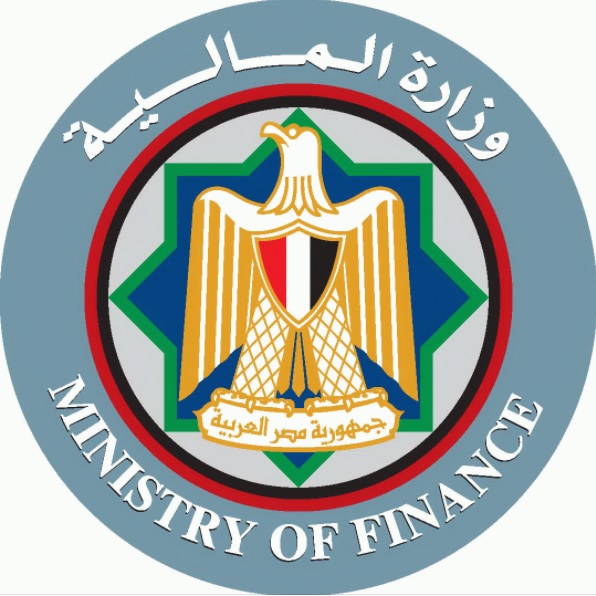With the spread of coronavirus, the number of infections among Egyptians exceeding 1,000, and with 78 deaths, official and social media are promoting superstition, and are hosting false experts who promote fake treatments and methods of protection. Beans, mushrooms, tea, star anise, garlic, onions, fesikh, chromium, and shalawlaw are being promoted by the state-sponsored media as ways to treat the coronavirus. But what remains remarkable is that many of these superstitions are promoted by Egyptian satellite channels close to the ruling regime, and newspapers related to sovereign and security circles, without the Ministry of Health or the concerned authorities confronting these superstitions. This means that they may be being promoted within a government policy that aims to cover up the real deficit in the prevention supply and healthcare system.
The Egyptian daily Youm7, which is owned by Eagle Capital, a state-owned investment firm run by the Egyptian intelligence, is leading a campaign to promote coronavirus treatment myths. Under the title, “If you have a sore throat, how to treat it without going to the hospital,” the newspaper published several natural recipes for treating sore throats, including “white honey, gargling salt water, chamomile tea, mint, fenugreek and apple cider vinegar.” In an article under the title “Attar’s (the herbal sellers) recipe for facing the coronavirus… and the secret of anise,” one journalist argued that it is possible to prevent colds and promote the strength of the immune system and thus protect from coronavirus using a number of recipes. The newspaper also promoted other treatments under the headline, “5 antiviral foods that protect you from corona … including liquorice,” claiming that “liquorice, garlic, cinnamon, yogurt, and mushrooms” can all be used to prevent coronavirus
Indian spices
The Egyptian journalist Moufid Fawzi, who is loyal to the ruling regime in Egypt, promoted another medical treatment during the 90 Minutes TV show on Al-Mehwar TV, saying that India had not been infected by coronavirus because people were eating a spice called chromium,” which is placed in food and can fend off the virus. But the Egyptian anchor Amani al-Khayyat went further than Fawzi, claiming that tea can be used to prevent coronavirus: “Our Lord says to all the simple people because you are people who love to drink tea… so I will make it the medical treatment which leads the fight in the larynx and attacks the virus.” Amani said, in her show on Extra News TV which is close to the security services, that “hot tea or hot water contributes to pushing the virus away from the trachea to the digestive system and stomach, and the stomach can dispose of the virus.”
Beans and shalawlaw
Within the context of the fierce competition between the media to deceive Egyptians away from the facts, on Bab El-Khalk (The Creation Gate) TV show, which is broadcast on Al-Nahar TV, the journalist Mahmoud Saad hosted an academic who claimed that there is an ancient Egyptian food from 5,000 years ago called shalawlaw, which is considered one of the most effective foods to boost immunity and fight coronavirus. The head of the food education department at the National Institute of Nutrition, Majdi Nazih, said that shalawlaw consists of dry molokhia, cold water, garlic, lemon, and salt. This prescription raised a wave of ridicule on social media, but others called to hold these broadcasters to account for misleading people. A member of the Egyptian Society for Allergy and Immunology, and a pediatric consultant at the Faculty of Medicine at Ain Shams University, Magdi Badran, said on Ten TV, that beans are an effective treatment for coronavirus. Al-Hadath Al-Youm quoted Muhammad Mahmoud, an academic who has been described as a professor of crystalline transformation, who said coronavirus could be treated by taking vitamin C tablets and inhaling hot water after adding salt and lemon to it.
Fesikh and onions
Actress Zeina adopted another opinion, saying that onions and fesikh can defeat the virus, considering that whoever eats this will not be afraid of coronavirus at all. Social networking sites in Egypt are deliberating a new myth to treat the virus by searching for a hair among the pages of the Holy Qur’an, which will allegedly treat coronavirus. The myth stipulates that whoever finds a hair in the Qur’an in Surat al-Baqara, near a specific verse, must put it in water and then drink this water to treat coronavirus and other diseases. The World Health Organisation confirms that there is as yet no vaccine or treatment for the virus, that many experiments are being conducted to test for specific vaccines, and that developing a vaccine for the virus may take a year and a half.
Acute shortage
In parallel with the media’s promotion of myths is the fact that the number of infected people in the country was hidden, and the virus has reached sensitive sectors, including the Egyptian army, after the death of two generals in the Engineering Authority of the Armed Forces. Egypt suffers from a severe shortage of masks and gloves, protective equipment, ventilators, and intensive care beds, in addition to a shortage of medical staff as a result of increasing numbers of doctors emigrating abroad. According to a request submitted by a member of the Egyptian Parliament, Dalia Youssef, last February, the number of beds available in hospitals is only 22 per 1,000 citizens, while international standards require 93 beds per 1,000 citizens. The average number of intensive care beds in Egypt is one bed per 16,000 people, while internationally the required beds are one for every 7,000 people. Promoting these myths is a reminder of what the Engineering Authority of the Egyptian Armed Forces announced five years ago, that the Egyptian General Ibrahim Abdel Aati was able to invent a device to treat hepatitis and HIV, which he called “C.C” (Complete Cure). Abdel Aati’s invention was later known as the “kufta apparatus” (kufta is a type of cheap grilled meat) and it turned into a scientific scandal and raised widespread ridicule. The policy of promoting fictitious myths appears to have been repeated with the coronavirus crisis in an attempt to conceal the regime’s failure to contain the epidemic and provide adequate medical care for Egyptian people.





Recent Comments